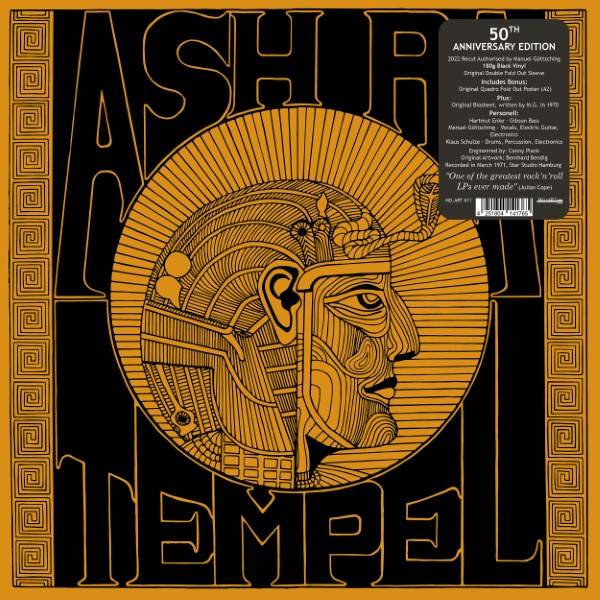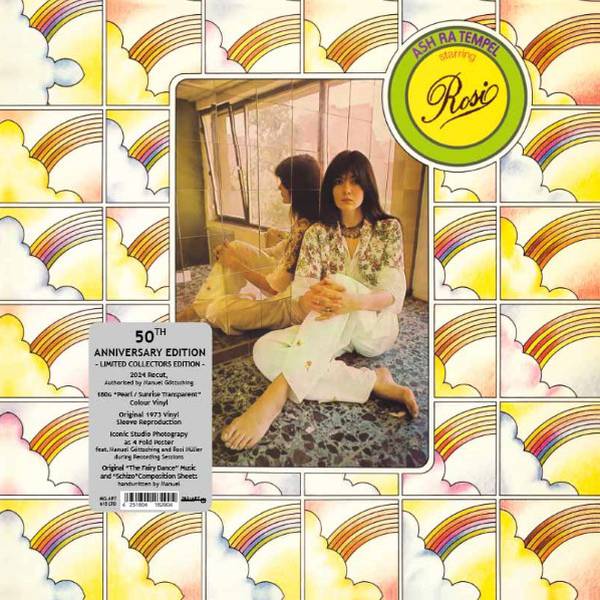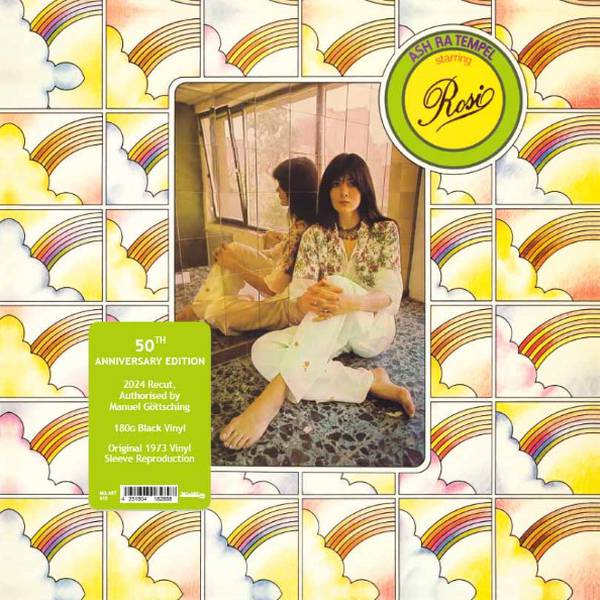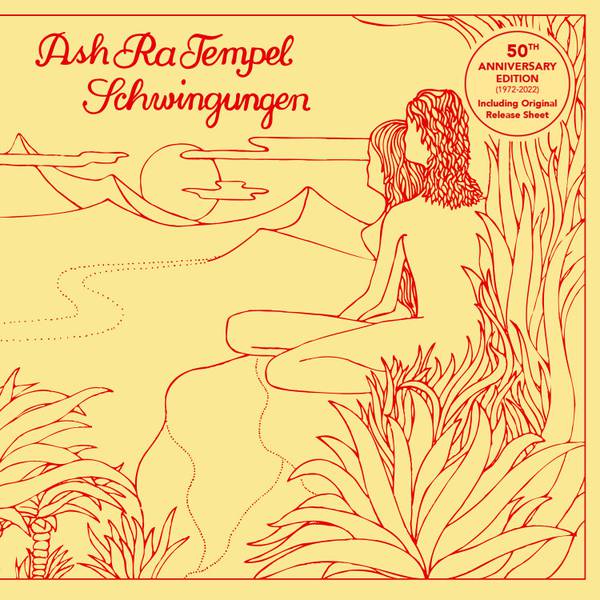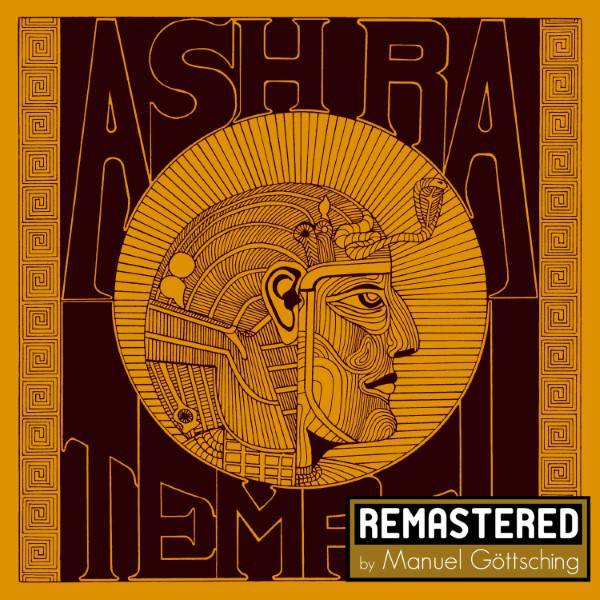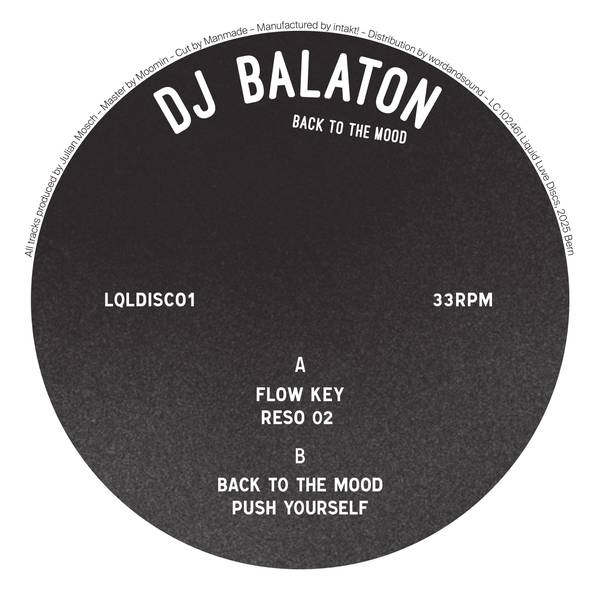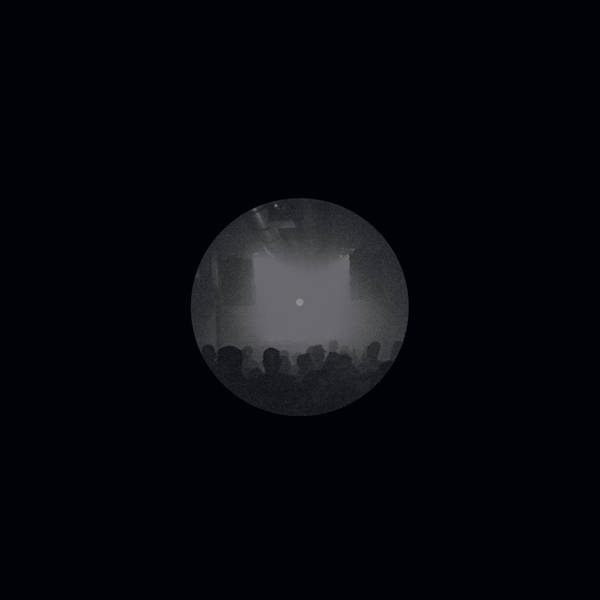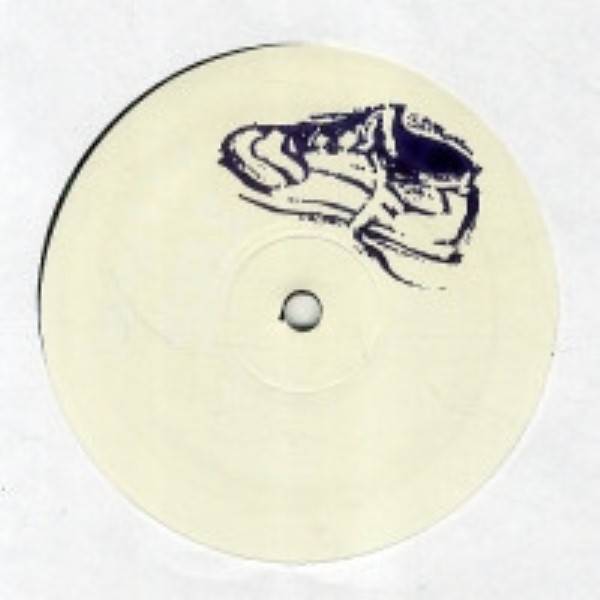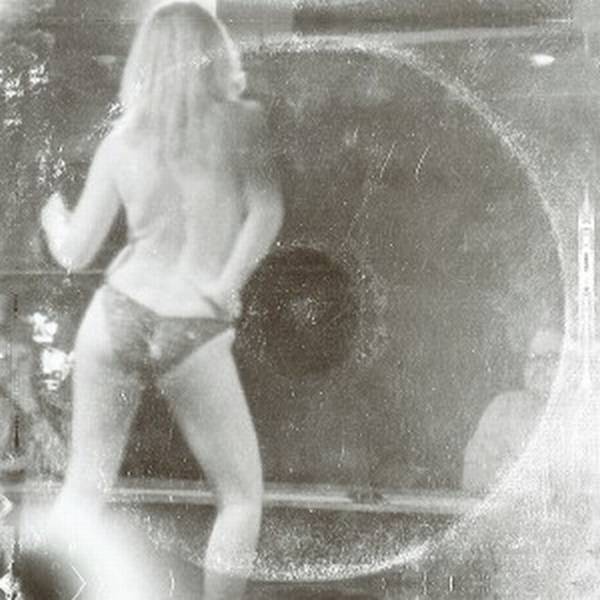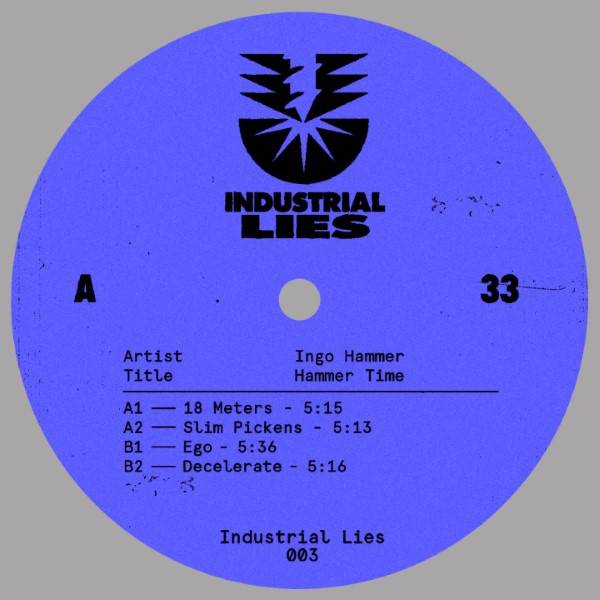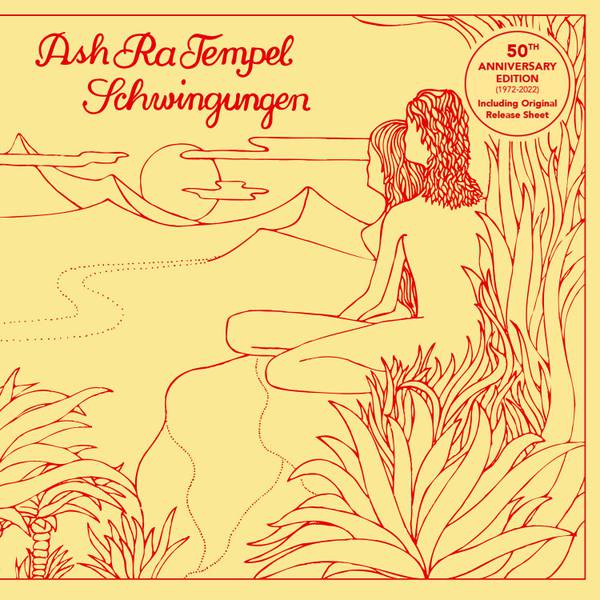
Tax included, Shipping not included
'Schwingungen' erschien 1972 auf Ohr und gilt als wegweisender Klassiker des Krautrocks. Zu der Zeit bestand die Band aus Manuel Göttsching und Hartmut Enke, nachdem Klaus Schulze nach dem selbstbetitelten Debütalbum (1971) ausgestiegen war. Das erste Stück 'Light: Look At Your Sun' ist eine Hommage an Peter Greens Meilenstein 'Albatross' (Fleetwood Mac). Die Jubiläumsreissue erscheint im Gatefold mit Sticker und enthält als exklusive Printbeilage eine Kopie der Original-Pressemitteilung von Metronome aus 1972.
Julian Cope schrieb in seinem Buch 'Krautrocksampler' (1995):
''Beware of Schwingungen!' That should be the large sticker on the front of all copies of this record. For it is dangerous to be casually introduced to something that is life-changing, as I found out to my cost when first listening to this record. It all starts fairly simply and without any cause for alarm - 'Look at Your Sun' begins with a Doorsy lone groover guitar begins a pedestrian blues, beautiful. Then the most crushed voice, a cross between Johnny Rotten and Tiny Tim, preaches its way into the proceeds. God, it is beautiful - John L. repeats over and over, 'We are all one, we are all one', until a howling fuzztone solo guitar blows the whole onechord 'Signed D.C.' ringing-cymbals torture to an end. And then the most far out track of all begins. This is called 'Flower Must Die' and it is a free-rock giant that transcends everything else in its field (there are no contenders.) As I've written before, PIL sounds like this. John L. was John Lydon in a previous incarnation. After a slow weird build, a frantic streamlined one-chord mantra kicks in and it’s like the Stooges' Funhouse period but in a Righteous Vision Zone that fucks them right off. Phasing tears at the whole tracks as this Holy Racket crosses into Hyper-space and everything gets all hyphenated just-for-the-sake-of-it. 'Flowers Must Die', man, it’s fucked up. Over on Side 2, the title-track ('Vibrations') begins poetically enough with Wolfgang Muller’s epic and hugely reverbed vibraphone. Organ fades in and FX guitars, and time passes by. Finally, tom-toms roll and the developing pace is built upon until that great eternal chord sequence finally materialises — this is the one that Göttsching and Enke believed was the sound of heaven. They may have been right. And Schwingungen was a gift from the Gods.'
Details
Genre
Release Date
21.07.2022
Cat No
MG.ART612
Produkt- und Herstellerinformationen
